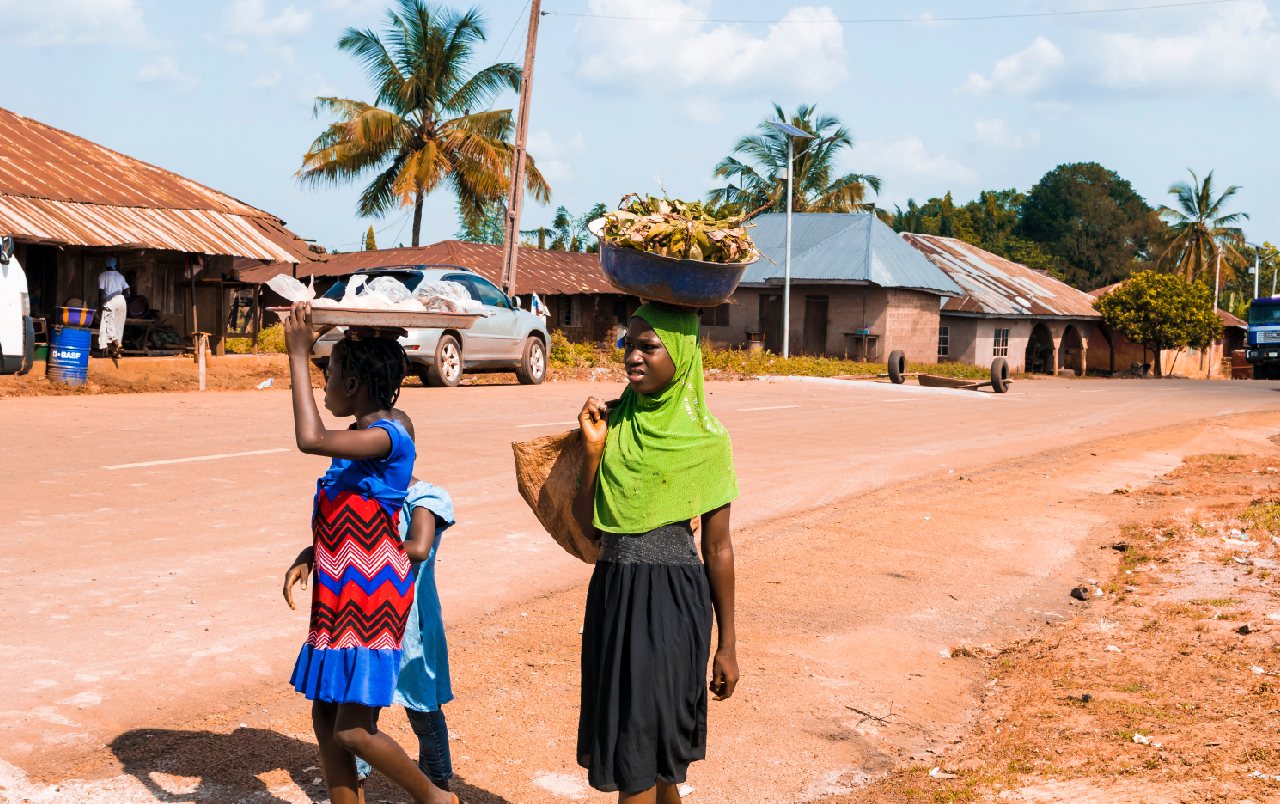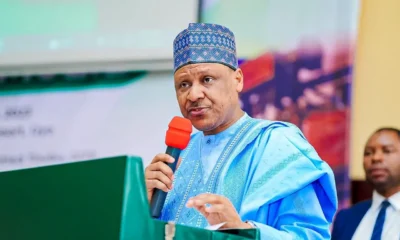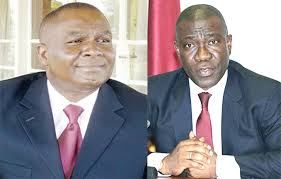Breaking News
FG Begins Mapping 12,600 Communities to Tackle Out-of-School Children Crisis

The Federal Government has unveiled an ambitious plan to reintegrate over one million out-of-school children into the formal education system across Nigeria.
Minister of Education, Dr. Tunji Alausa, made the announcement on Wednesday during the 69th National Council on Education Summit held in Akure, Ondo State, with the theme “Quality Education Data and Professionalisation of Teaching: Tools for Enhanced National Development.”
Alausa said the initiative is being executed in partnership with the National Commission for Almajiri and Out-of-School Children Education and involves the mapping and documentation of children from 12,600 communities nationwide.
He explained that the programme targets children aged between seven and nine years, who will be enrolled in low-cost private schools and training centres under the reintegration drive.
“With support from UBEC, this task force mapped out over one million children of various ages from 12,600 communities across the country,” he said.
“Efforts have been made to put these children back to school by enlisting those between ages 6–9 into low-cost private schools, while others will be enrolled in schools and training centres in collaboration with the Almajiri Commission,” Alausa added.
The minister revealed that over 21,000 out-of-school children have already been identified across the Federal Capital Territory (FCT) and handed over to the FCT Education Secretariat for enrolment.
He also disclosed that the ministry has established 109 functional learning centres and transit schools across the 36 states and the FCT, through which 15,224 learners have been enrolled so far.
“The ministry, in fulfilment of its mandate, set up a task force comprising the National Commission for Almajiri and Out-of-School Children Education, the National Commission for Nomadic Education, and the National Commission for Mass Literacy and Non-Formal Education to document the extent of the problem,” he explained.
In his remarks, Ondo State Governor, Lucky Aiyedatiwa, hailed education as the most powerful tool for social mobility, national unity, and sustainable development.
He said Ondo State had sustained its legacy of educational advancement from the free education policy of the old Western Region to current investments in digital learning, teacher welfare, and infrastructure renewal.
“Our goal is to make education not just accessible, but meaningful and transformative. Every child in Ondo State deserves a fair chance at learning and success,” Aiyedatiwa said.
The governor commended President Bola Tinubu for his administration’s reforms in the education sector, particularly the Nigerian Education Loan Fund, which, he said, has supported over 624,000 students, helping to bridge the gap between children of the rich and the poor.
In a related development, the Universal Basic Education Commission (UBEC) in September began collaborating with the United Nations International Children’s Emergency Fund (UNICEF) to develop a national framework of action aimed at reducing the number of out-of-school children.
UBEC noted that the enrolment drive remains one of the key strategies to tackle the out-of-school phenomenon, which has long been a major challenge for Nigeria’s education sector.
Nigeria is estimated to have one of the highest numbers of out-of-school children in the world, with over 10 million children reportedly excluded from formal education, according to various international agencies.
The Federal Government’s latest initiative is expected to bridge the educational gap, especially in underserved rural communities, while promoting literacy and inclusion in line with the Sustainable Development Goals (SDGs).






























